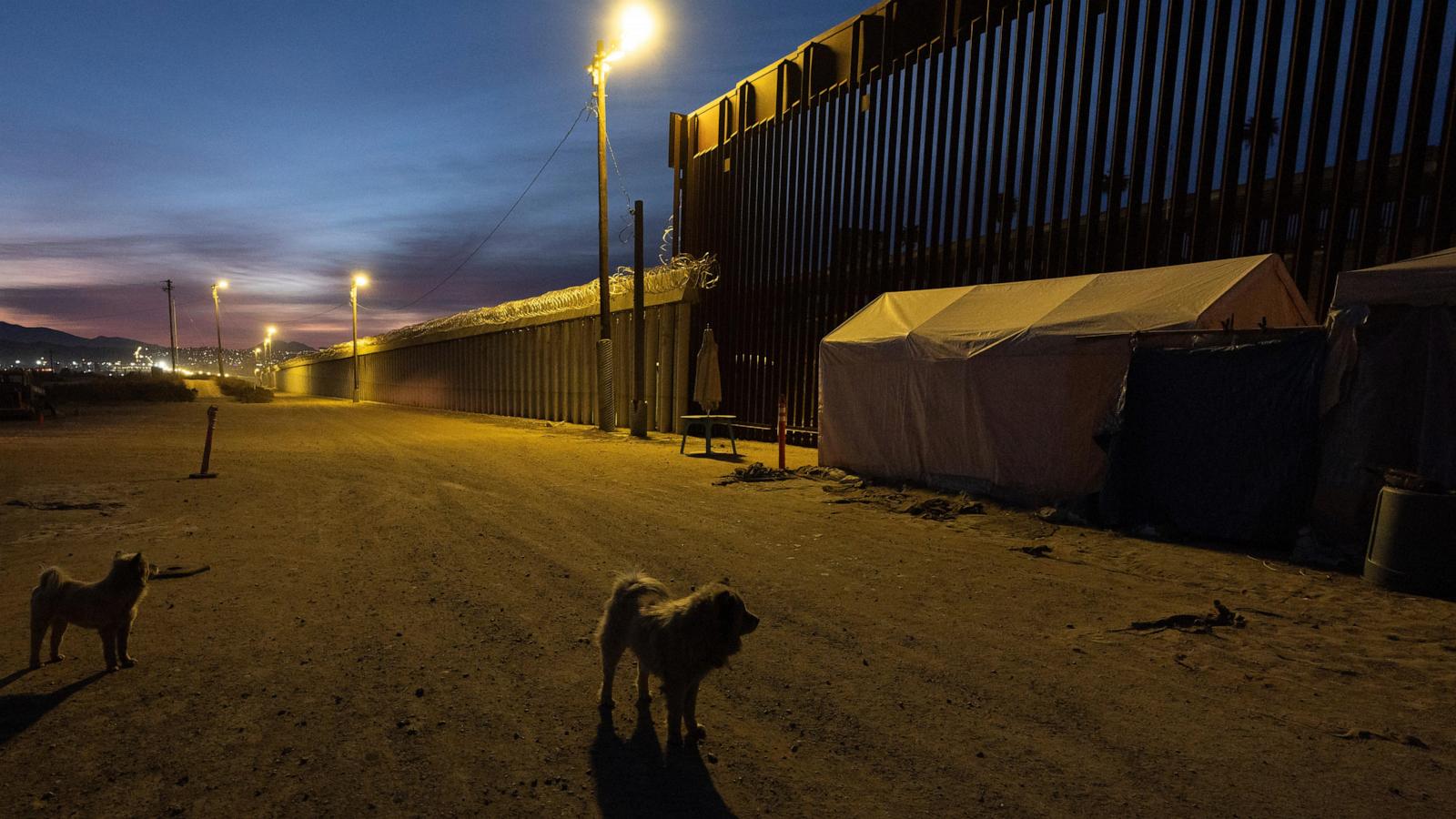US Military Deployment to Southern Border: 1,500 Troops to Bolster Security
Get ready for a major shift in border security! The Pentagon is deploying up to 1,500 active-duty troops to the US-Mexico border. This massive move comes as the Trump administration intensifies its crackdown on illegal immigration. Will this be enough to secure the border? Find out now!
The Details of the Deployment
The deployment is a direct response to President Trump's executive orders aimed at tightening border security. The plan involves supporting border patrol agents with crucial assistance in logistics, transportation, and the construction of physical barriers. It's a dramatic escalation of military involvement in border security, marking a departure from recent history. The exact units and soldiers involved remain undisclosed at this time. The deployment orders were expected to be signed by Acting Defense Secretary Robert Salesses on Wednesday, officials have confirmed, although the exact details may be subject to change in the days to come.
What Will the Troops Be Doing?
While the primary mission focuses on support roles, the potential for troops to engage in law enforcement remains a controversial aspect of the plan. This is unprecedented territory for the American military, sparking considerable debate on its constitutionality and long-term implications. Many remain skeptical about the role active military forces will ultimately play on the border. Questions around their authority, training, and preparedness for domestic law enforcement situations linger and dominate the public debate. The lack of clarity on the specific responsibilities and limits of this deployment remains a cause for uncertainty for the general public and law enforcement communities.
Securing the Border: A Multifaceted Challenge
Securing the southern border is a multifaceted problem with many layers. Physical barriers, while a significant part of the equation, are not a solution in themselves. Addressing the underlying causes of migration, like poverty and violence, is key. In addition, reforming immigration policies, improving border processing efficiency, and strengthening international cooperation are just as important. Furthermore, investing in technology, training, and collaboration across government agencies is vital in achieving lasting border security.
Beyond the Border: Analyzing the Implications
This decision is sending ripples through various sectors, raising substantial questions regarding the use of active military forces for domestic operations and their legal parameters. Legal experts argue about the deployment's constitutionality. Civil rights advocates also express strong concerns about possible human rights violations. Furthermore, the logistical challenges involved in a deployment of this magnitude are substantial, ranging from supplying these troops, to their well-being, and housing during their duration at the border. These concerns have spurred intense debate among legal scholars, civil liberties groups, and politicians alike.
Take Away Points
- Up to 1,500 active-duty troops are being deployed to the southern border.
- Their primary roles will include logistical support, transportation, and barrier construction.
- The deployment marks a significant expansion of military involvement in domestic security.
- Legal and ethical questions surround the deployment and its implications.
- A multi-faceted approach is needed for effective border security.




